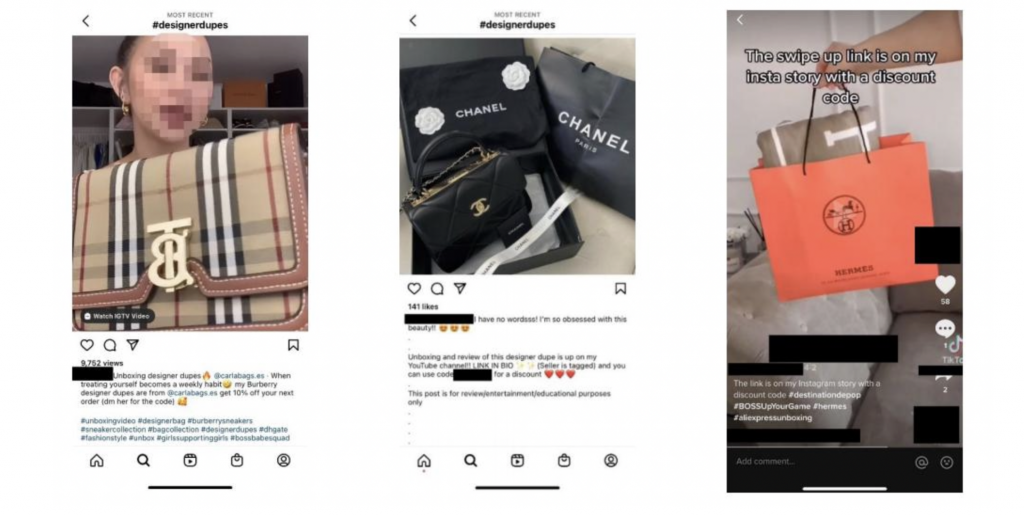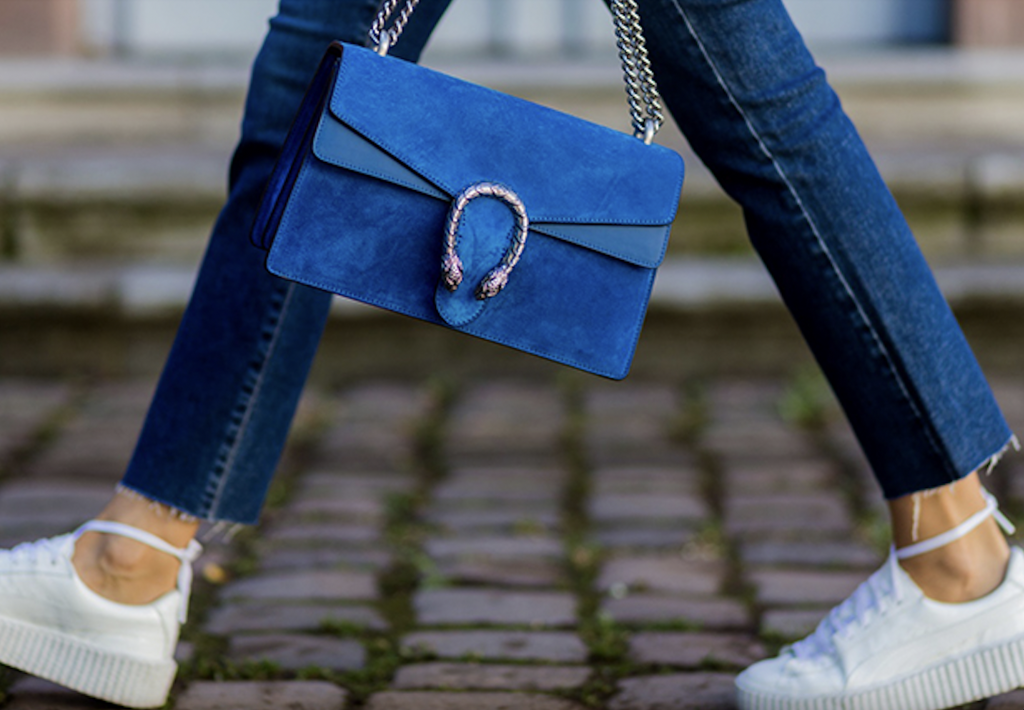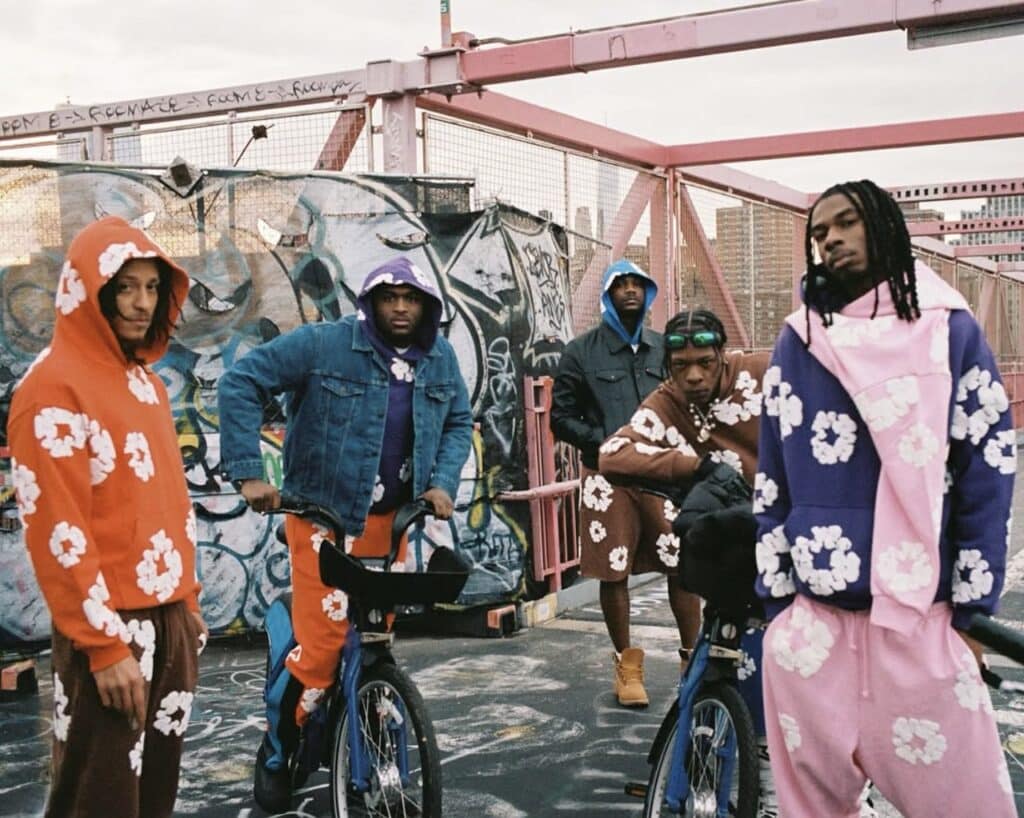Your favorite social media influencer could be connecting you to illicit and potentially dangerous products. You read that correctly. A growing number of influencers are using their social media accounts to promote counterfeits online, with these self-proclaimed “dupe influencers” generating millions of views, likes, and shares by way of content that facilitates – sometimes proudly – the advertisement and sale of counterfeit goods on platforms like TikTok, Facebook, Instagram, and YouTube. In one sample video, which has racked up more than 35.4 million likes on TikTok, a dupe influencer boasts to her followers, “I got two things from Prada … just kidding! These are dupes.”
To view a counterfeit good – one that is made to imitate all facets of the genuine product, including its registered trademark(s) – as simply a cheaper alternative to a brand name product is an oversimplification that fails to consider a number of serious concerns related to the product, itself, and the broader distribution of counterfeits. In reality, by plugging these unlawful offerings, dupe influencers are putting their followers at risk by exposing them to inauthentic and potentially unsafe products, and connecting them with cybercriminals who have been known to frequently engage in the theft of personal identifying information, including payment details. Beyond that, by buying into such imitations, these swiftly-growing influencers’ followers may be unwittingly funding organized crime and/or supporting factories operating in unsafe conditions.
Despite the ripple effect of harmful consequences directly connected to the more-than-$1 trillion global market for counterfeit goods, dupe influencers often position themselves as being online resources for consumers to find fake versions of highly sought-after fashion items, not unlike the facts underlying the ongoing trademark and false advertising case that Amazon filed against influencers Kelly Fitzpatrick and Sabrina Kelly-Krejci late last year in connection with their sale of “dupes” – from counterfeit Gucci belts to Dior handbags – by way of “hidden links” on social media. At the same time, in furtherance of a larger practice among many dupe influencers of legitimizing such illegal offerings, another heavily-followed dupe influencer prides herself for helping her followers find fakes, calling herself the “CEO of dupes.”

So, what can be done to address this growing problem on social media? The American Apparel & Footwear Association (“AAFA”) recently released a report – Dupe Influencers: The Concerning Trend of Promoting Counterfeit Apparel, Footwear, and Accessories on Social Media – to highlight this situation. The report offers five recommendations of what needs to be done in furtherance of the fight against fakes …
(1) Platforms need to clean up their sites.
Social media platforms have terms of use and community guidelines that bar illegal content on their sites, including the sale of counterfeit products. Any activity or content that expressly violates another party’s intellectual property is prohibited. Yet, even with these policies in place, content created and disseminated by dupe influencers continues to proliferate across social channels. Online platforms need to recognize that this is a fast-growing problem and take proactive measures against the advertisement and facilitation of the sale of counterfeit products.
(2) Platforms should block #designerdupes and related hashtags.
Social media platforms should block hashtags that are being used to promote counterfeit products, such as #designerdupes, #designerreplicas, and #brandnamecopies, when these hashtags are clearly being used to further the sale of illegal products online. Of course, this cannot be a one-time effort. The problem with blocking one (or a series) of dupe-related hashtags is that counterfeit activity will ultimately gravitate to another hashtag. For this reason, social media platform must continue to search out and block hashtags clearly associated with counterfeits.
(3) Platforms need to terminate the accounts of dupe influencers repeatedly promoting counterfeit goods.
Dupe influencers that facilitate the sale of counterfeit products violate the Terms of Use in place for most social media platforms. Therefore, social media platforms should immediately terminate the accounts of dupe influencers that violate these policies and establish mechanisms to ensure those dupe influencers do not reappear on the platform using a different account or profile name.
(4) Influencers need to improve product disclaimers.
As described above, a dupe influencer is not only potentially committing a federal crime by facilitating the trafficking of illegal counterfeit product, but they have a responsibility when promoting products to a wide range of impressionable followers online. When touting counterfeit products, they have an obligation to explain to their followers what purchasing counterfeit products supports and the associated risks.
Of course, not all dupe influencers are aware that they are in fact breaking the law. For example, one dupe influencer explains in a caption that the products she is promoting are “amazing look a likes (not knockoffs, but inspired).” Contrary to this statement, these products are counterfeit as there are clearly registered trademarks on these items.
(5) Consumers need more awareness on the dangers of counterfeits.
A key element in the war against counterfeit goods is raising consumer awareness of the potential dangers of such products., In fact, some influencers have started to share content to warn others of the dangers associated with purchasing counterfeit goods. Additionally, some social media users have started to call out the counterfeit content posted by dupe influencers. This is a great first step, but more needs to be done to raise awareness on counterfeits.
AAFA’s report helps the industry – and the influencers who promote counterfeits –better recognize how to detect and deter this behavior, understand the risks, and ultimately protect consumers. The image that dupe influencers are trying to convey – that counterfeits are trendy – is not only wrong and illegal, but it is also dangerous.
Christina Mitropoulos (JD) is Director, Brand Protection and Manufacturing Initiatives at the American Apparel & Footwear Association where she leads the organization’s Brand Protection priorities and Brand Protection Council. She is a regular speaker at intellectual property and brand-protection seminars, and regularly meets with members of government, and representatives of global e-commerce platforms.














